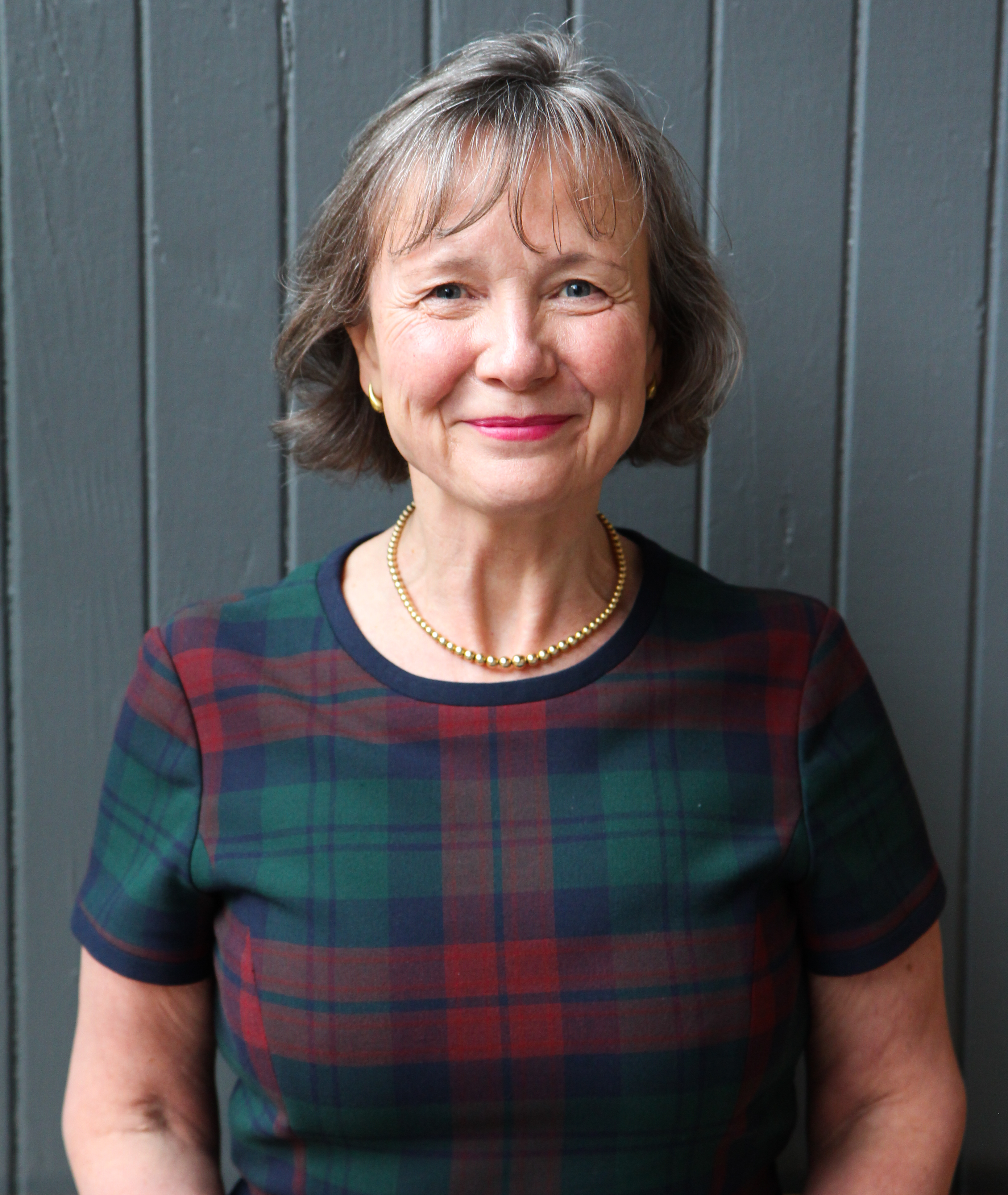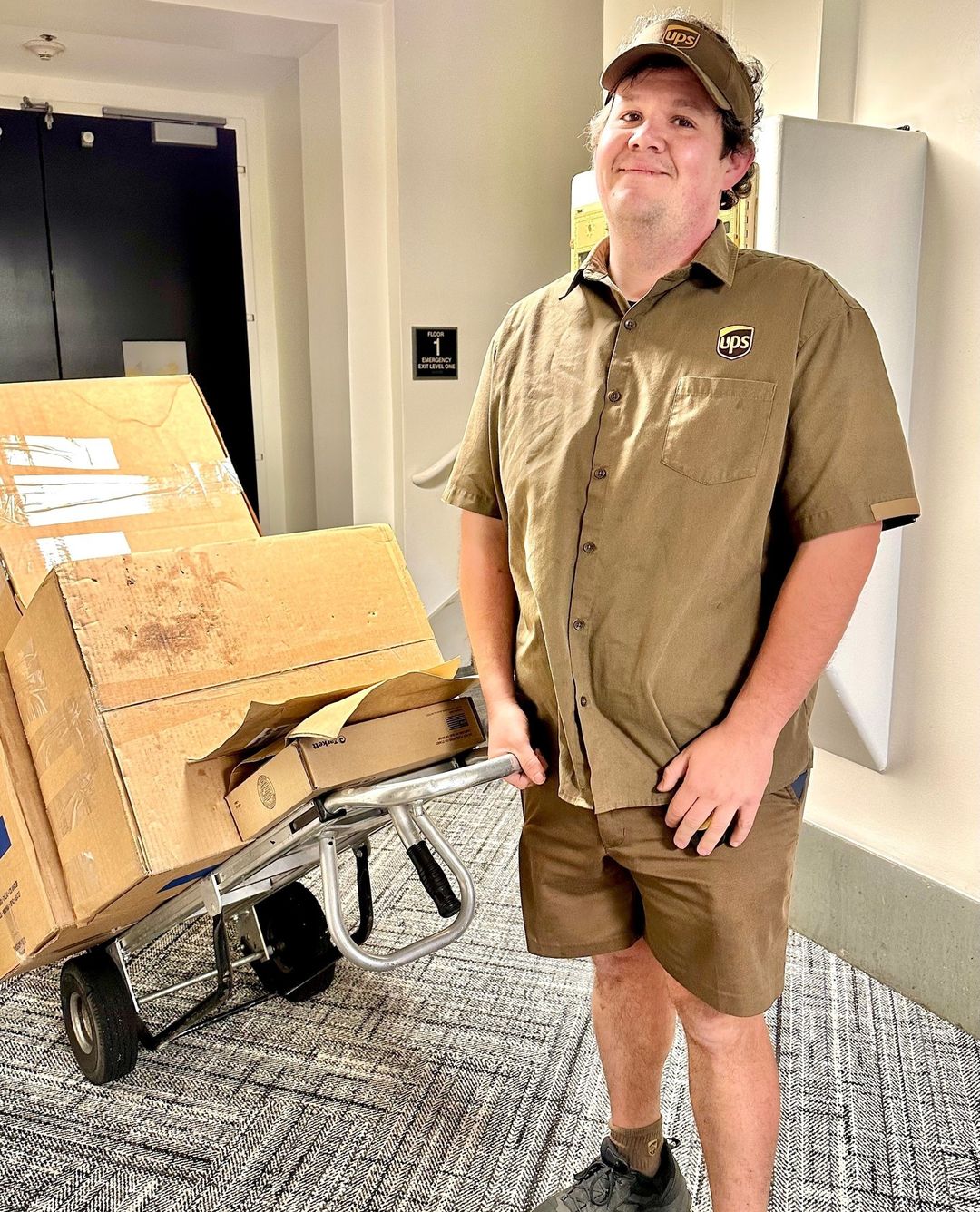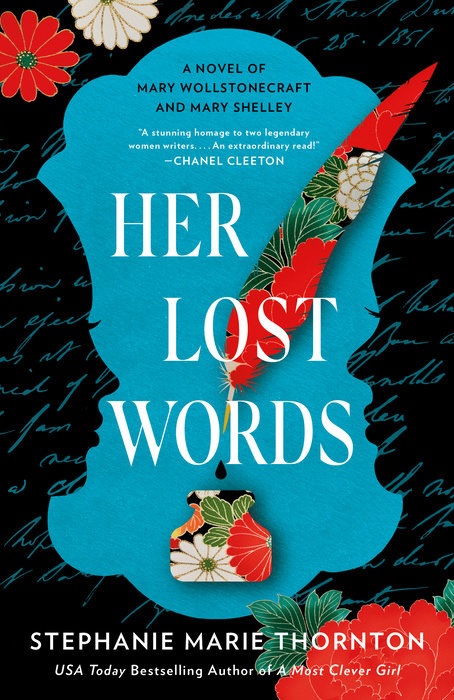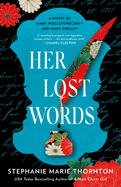 At Winter Institute 2023 two weeks ago in Seattle, Wash., booksellers from four nonprofit bookstores, as well as an attorney specializing in nonprofit law, convened to discuss what other independent booksellers need to know about the nonprofit model.
At Winter Institute 2023 two weeks ago in Seattle, Wash., booksellers from four nonprofit bookstores, as well as an attorney specializing in nonprofit law, convened to discuss what other independent booksellers need to know about the nonprofit model.
Making up the panel were Anne Waters, executive director of Hub City Bookshop in Spartanburg, S.C., Tara Vitale, attorney with Apex Law Group in Seattle, Wash., Jamie Rogers Southern, executive director of Bookmarks in Winston-Salem, N.C., and E.R. Anderson, executive director of Charis Circle in Decatur, Ga., while Sonja Coates, deputy director of Seminary Co-op Bookstores in Chicago, Ill., moderated the discussion.
On the topic of the benefits and downsides of the nonprofit model, Vitale noted that perhaps the biggest benefit of a nonprofit is "building an institution" that is "truly community based." Nonprofits need a board, usually made up of community members, and volunteers generally come from the community. That can amount to being "a little more engaged" compared to a for-profit model, as it "opens up" who can be part of the organization. The nonprofit structure can also allow for donations and grants.
For downsides, Vitale continued, it is "a lot of admin lift," and for many entrepreneurs necessitates a lot of "new learning." She emphasized that she always cautions clients that nonprofits "aren't owned by anybody," and once the move is made from for-profit to nonprofit it is "really hard, almost impossible, to move back out." Bookstore owners considering the nonprofit shift need to "think deeply" about the possibility of moving their "baby" to a nonprofit model and be aware that founders are "sometimes pushed out."
Southern acknowledged the extra revenue streams available to nonprofits, and brought up "working with your board" as both a potential benefit and negative. Booksellers could go from "being your own boss" to potentially having "18 people on your board" to answer to. But, at the same time, there are plenty of "smart ways'' to work with board members who can have a variety of valuable skill sets. As an example, Southern mentioned that her treasurer is a CPA and handles all of the financial reporting, and there is a lawyer on the Bookmarks board.
Recalling that she started at Hub City as bookstore manager before becoming executive director, Waters said as an executive director you're "not in your bookstore. You're not out there selling." Instead, you're doing things like raising funds and "giving PowerPoints." She reiterated that once you have to answer to a board of directors, "it's not going to be your bookstore anymore." And while grants can bring in a lot of money, they take a "really long time to write" and need to be presented. Despite all of the time spent fundraising and all of the admin work, she continued, it's "very gratifying" collaborating within the community, developing partnerships and doing "essential" work.
Volunteers were also brought up as something that can be both positive and negative. Southern reported that Bookmarks has some 250 volunteers, which "saves us a lot of time for our staff." Waters, meanwhile, said volunteers need training and "sometimes they don't show up."
Coates emphasized that "nonprofit and 501c3 are not synonymous," explaining that Seminary Co-op explored the 501c3 option at one point but decided against it. While there are some big benefits to having tax-exempt status, going that route would require Seminary Co-op to shift its mission to be able to fit into an "IRS box."
Asked about tips for getting started, Anderson said his first step was actually going to his local public library and reading a For Dummies book about nonprofits. There are lots of "very simple, very good books," about how to "navigate this stuff." There are nonprofit associations in lots of states, and there are plenty of city and state organizations that help nonprofits and prospective nonprofits.
Echoing some earlier comments, Anderson advised booksellers to consider the trade-offs of going nonprofit and no longer being the final decision maker on a lot of things. He said too that the IRS has become "more discerning over the years," particularly when compared to the late '90s and early 2000s.
In a more detailed discussion of nonprofit boards, Southern said she loved the Carver governance model, which is the model the Southern Independent Booksellers Alliance uses, that generally keeps the board out of day-to-day operations. Anderson mentioned that in the nonprofit world there is a broader move toward smaller boards but larger "volunteer auxiliary groups."
Board balance is a "delicate matter," Waters said, and the panelists were in agreement that some board members can be wonderful while others prove themselves to be only interested in "building a resume." It can also be frustrating, she remarked, when a board member comes in and says their cousin wrote a book and wants to do an event at the bookstore. Southern also cautioned against having authors on the board. --Alex Mutter
 Little Professor bookstore, Homewood, Ala., is moving "down the block to the former Nadeau building, located at 2738 18th St. S.," the Star reported, adding that while the plan is for the new space to open in early spring, the move itself is 50 years in the making. Little Professor began in what is now the Cottage Basket, before relocating to a building that has since been replaced by the Valley Hotel. In 2017, the store moved to its current 18th Street location.
Little Professor bookstore, Homewood, Ala., is moving "down the block to the former Nadeau building, located at 2738 18th St. S.," the Star reported, adding that while the plan is for the new space to open in early spring, the move itself is 50 years in the making. Little Professor began in what is now the Cottage Basket, before relocating to a building that has since been replaced by the Valley Hotel. In 2017, the store moved to its current 18th Street location.











 At Winter Institute 2023 two weeks ago in Seattle, Wash., booksellers from four nonprofit bookstores, as well as an attorney specializing in nonprofit law, convened to discuss what other independent booksellers need to know about the nonprofit model.
At Winter Institute 2023 two weeks ago in Seattle, Wash., booksellers from four nonprofit bookstores, as well as an attorney specializing in nonprofit law, convened to discuss what other independent booksellers need to know about the nonprofit model.
 Posted on Instagram by
Posted on Instagram by  "If ever we ask to check your bag before you leave the store, please know it has nothing to do with you. Today alone,
"If ever we ask to check your bag before you leave the store, please know it has nothing to do with you. Today alone,  All Else Failed
All Else Failed Both Mary Wollstonecraft and her daughter Mary Shelley (who never knew her mother) longed to take the world by storm. Stephanie Marie Thornton delves into the literary, emotional and financial struggles of both women in her eighth novel, Her Lost Words, charting their journeys with compassion and insight. The result is a fascinating account of two women whose prodigious talent and work ethic was sometimes dampened, but never extinguished, by the challenges they faced.
Both Mary Wollstonecraft and her daughter Mary Shelley (who never knew her mother) longed to take the world by storm. Stephanie Marie Thornton delves into the literary, emotional and financial struggles of both women in her eighth novel, Her Lost Words, charting their journeys with compassion and insight. The result is a fascinating account of two women whose prodigious talent and work ethic was sometimes dampened, but never extinguished, by the challenges they faced.